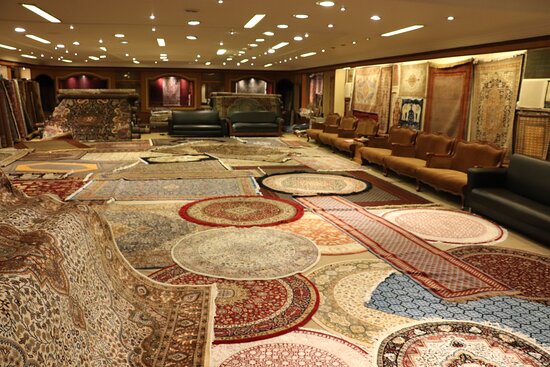Mosques serve as vital places for worship and community gathering within the Muslim community. The carpet in a mosque isn’t just a piece of fabric; it holds significant religious and cultural value. Soft carpets, in particular, are essential for several reasons ranging from religious duties to communal well-being.
Enhancing Comfort During Prayers
Prayer is a fundamental aspect of Islamic practice, performed five times a day. These prayers involve various physical postures including standing, bowing, and prostrating. Soft mosque carpets are crucial as they provide the necessary comfort needed during these movements. Hard surfaces can be tough on the joints and uncomfortable during prolonged periods of kneeling and prostration. Soft carpets cushion the limbs, reducing stress on the knees, hips, and ankles, thereby allowing worshippers to focus better on their prayers without discomfort.
Sound Absorption
Mosques are spaces of tranquility and reflection. Soft carpets play an important role in maintaining this atmosphere by absorbing sound. During communal prayers, especially in large mosques, the movement and echoes can become distracting. Carpets help to muffle these noises, creating a quieter environment that aids in concentration and spiritual reflection during prayer sessions.
Thermal Insulation
Soft carpets provide excellent thermal insulation. This feature is particularly beneficial in regions experiencing cold weather. Hard floors can be extremely cold, especially in the early mornings and late evenings when prayers such as Fajr (pre-dawn) and Isha (night) are conducted. A soft carpet keeps the floor warm, ensuring that worshippers can pray comfortably without the chill of the floor affecting them.
Aesthetic and Design Significance
Mosque carpets are often intricately designed, featuring Islamic art such as geometric patterns, floral designs, and calligraphy. These designs not only beautify the mosque but also serve to enhance the spiritual ambiance of the space. Moreover, carpets are often laid out such that they point towards the Qibla (the direction of the Kaaba in Mecca), which is crucial for directing the congregation correctly during prayers. The softness and quality of the carpet contribute to the overall aesthetic and spiritual feel of the mosque, making it welcoming and revered.
Community and Equality
The use of soft carpets in mosques also symbolizes community and equality. When everyone kneels and prostrates on the same carpet, it reinforces the Islamic teaching that all individuals are equal before God, regardless of their social or economic status. This sense of unity is fundamental in fostering a strong community bond among worshippers.
Safety and Cleanliness
Soft carpets in mosques contribute to the cleanliness and safety of the worship space. Carpets trap dust and pollen, improving air quality for those who may suffer from allergies. Additionally, the risk of slipping is reduced when walking on a soft carpet compared to hard flooring, which is particularly important for the elderly or those with physical disabilities.
Conclusion
In conclusion, soft mosque carpets are more than just decorative elements in a mosque; they play a multifunctional role.

